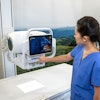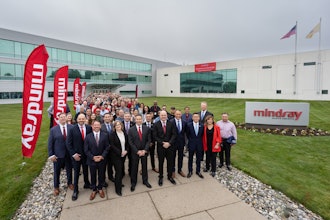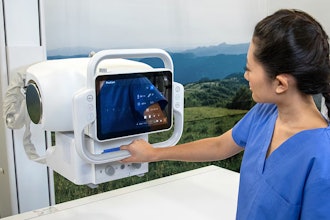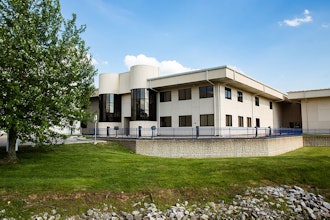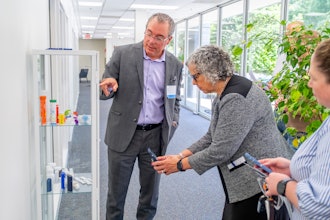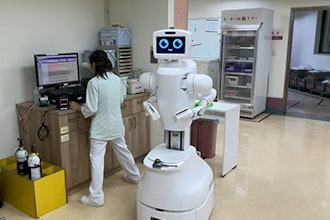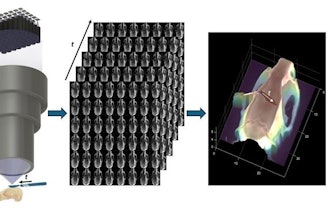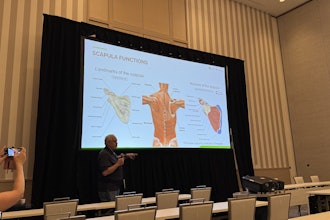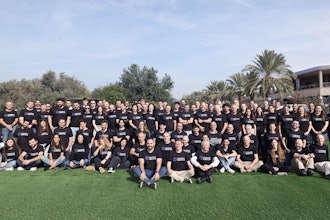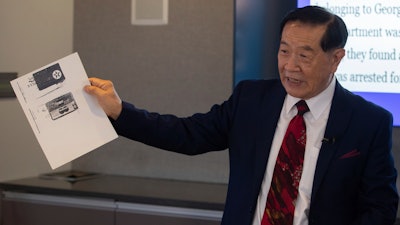
HARTFORD, Conn. (AP) — Forensic scientist Henry Lee, who became famous for his testimony in the O.J. Simpson trial and his work on other high-profile murder cases, defended his reputation Thursday after lawyers this week again questioned the accuracy of blood-evidence testimony he gave decades ago.
Wendall Hasan has been in prison since 1986 for the murder of George Tyler, of Darien, Connecticut. Hasan's lawyers filed court papers Tuesday arguing he should be freed after tests done in 2014 found no blood on a pair of sneakers that Lee testified were bloodstained.
That move came after the Connecticut Supreme Court criticized Lee last month when it overturned the convictions of two men for a 1985 murder.
"I stand behind my scientific merit," Lee said during a news conference at the University of New Haven's Henry C. Lee Institute of Forensic Science. "If the person's really innocent, definitely, they should set them free. But, just trying to smear my reputation to get (their appeal) advanced, that shouldn't happen."
Lee said, for example, that the blood from the shoes in the Hasan case likely was used up during his earlier testing, though he acknowledged he has not been able to review the file. It's also possible, he said, that any other blood on the pair of Pumas might have degraded over the decades.
"You cannot say that 30 years ago it wasn't there," he said. "The bloodstain was tested in 1986."
Lawyers for Hasan issued a statement Thursday saying they would not comment on the details of the case but look forward to questioning Lee in court.
The convictions of Sean Henning and Ralph Birth were set aside last month based on testing that showed stains on a towel, which Lee had testified were consistent with blood, were something else. The men served more than 30 years in prison.
Lee also faces criticism over the conviction of David Weinberg in the 1988 murder of a Connecticut teen, Joyce Stochmal. Lee testified in that case that he could not determine the source of blood that was found on a knife linked to Weinberg.
But Weinberg's lawyers, who successfully petitioned for his release on time served two years ago, said Lee knew that tests done on the knife and on hair fragments showed the blood was from an animal, not a human.
"This is not a problem with the science at the time," said Darcy McGraw, the director of the Connecticut Innocence Project and Weinberg's attorney. "This is 100 percent a problem with Dr. Lee."
The 80-year-old Lee, who served for years as the head of the state police crime lab, responded Thursday at a news conference that his testimony in all those cases was truthful and accurate.
Lee became internationally famous after his testimony in the 1995 Simpson murder trial, in which he questioned the handling of blood evidence. He also served as a consultant in other high-profile investigations, such as the 1996 slaying in Colorado of 6-year-old JonBenét Ramsey.
He at one point was the subject of a television show, "Trace Evidence: The Case Files of Dr. Henry Lee."
Lee acknowledged Thursday that DNA and other forensic testing has come a long way over the past three decades. But that doesn't mean, he said, that his testimony at the time was inaccurate.
He suggested that the state set up a panel of former judges, scientists and others who can go over disputed forensic evidence in old cases to get at the truth.
"They shouldn't be able to just try to smear my reputation to get out of jail," he said. "There has to be standards and ethics for everyone."
McGraw said the problem has little to do with the science. She said in her case it was that juries and court officials, including herself, would take Lee's word as gospel.
"Here is the most famous forensic scientist in the world telling you he doesn't know the source of this blood," she said. "That leaves a very different impression on you than the truth."
She declined to say whether the Innocence Project is looking into any other cases in which Lee was a key witness.



